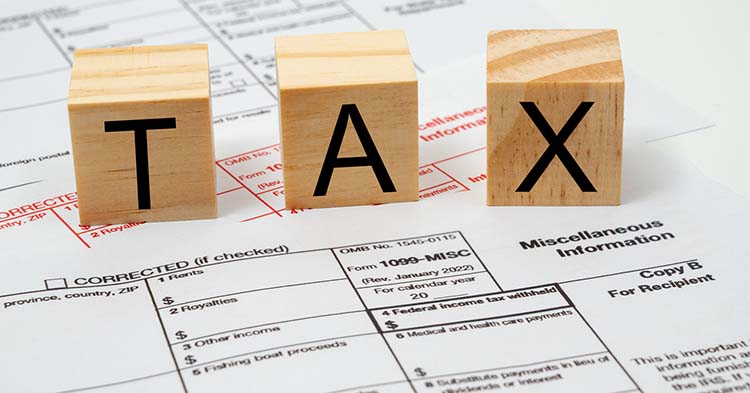What Is An 80/20 Asset Allocation?

Investment portfolios may rely on more than placing different capital asset types at random into a single financial bucket. When seeking to improve performance, these portfolios may require allocation strategies involving splits between traditional capital assets (like stocks and bonds).
Why is Budgeting Important for Financial Planning?

Creating an effective financial plan for your future requires that you make a comprehensive budget that takes all of your monthly income and expenses into account. If you want to gain financial security, having a budget can help you achieve your goals in a more structured manner. This article takes a closer look at why budgeting may be important for your financial plan.
What Is A 75/25 Asset Allocation?

Investment portfolios aren’t just put together from bits and pieces of income-producing assets. Depending on an investor’s goals or objectives, these portfolios are based on asset allocations. Asset allocation describes the process an investor uses to divide capital among different asset classes such as stocks, bonds, and alternative assets. Asset allocation can be useful in diversifying risk and exposure to various investments.
Who Pays Capital Gains Tax on Gifted Stock?

Over the next 25 years, the biggest transfer of wealth in human history will take place. Some $68.4 trillion will be transferred to younger generations through gifts and estate plans. And some of that wealth will be in the form of stocks. Which leads to the question, who pays capital gains tax on gifted stock? We’ll explain in this article.
What is the Average Rate of Return on a Conservative Portfolio?

It’s difficult to say what the average return of a conservative portfolio is as there are many different ways to configure a conservative portfolio. There are many assets to choose from when talking about a conservative portfolio. But one thing they all have in common is that they are low return and low volatility portfolios. We’ll look at some broad examples and a couple of specific examples as well.
How to Set Up a Payable On Death Account

Using payable on death (POD) accounts can be an efficient way to ensure the money you have in your personal bank accounts is immediately transferred to a beneficiary of your choosing when you die.
How Do I Build a Diversified Real Estate Portfolio?

Building a diversified real estate portfolio follows many of the same principles required to build a diversified stock portfolio. Pursuing low correlations across assets and choosing from different assets are all meant to help manage the portfolio’s overall risk — a goal of diversification.
What is Distribution Code 1 on a 1099-R Form?

The 1099-R Form is used to record retirement distributions. This doesn’t mean you have to be in retirement to take a distribution. A distribution can occur before retirement, but there are consequences for early withdrawals. Regardless, a 1099-R form is used in both cases. One of those cases is called Code 1. In this article, we’ll discuss what these various codes mean.
How To Financially Plan For Divorce

No one at all goes into a marriage with the idea that it will end in separation or divorce. But it happens. According to the Center for Disease Control and Protection’s National Center for Health Statistics, the average rate of U.S. divorces and annulments in 2020 was 2.3 per 1,000 total population (45 states reporting). While definitely a decline from the 4.0 per 1,000 reported in 2000, divorce and annulments happen.
What Is An Administrator Bond?

Creating and maintaining an estate to pass on to others requires thought and the assistance of accountants and attorneys. Also important is creating and maintaining a will to ensure that designated beneficiaries can receive the estate.


